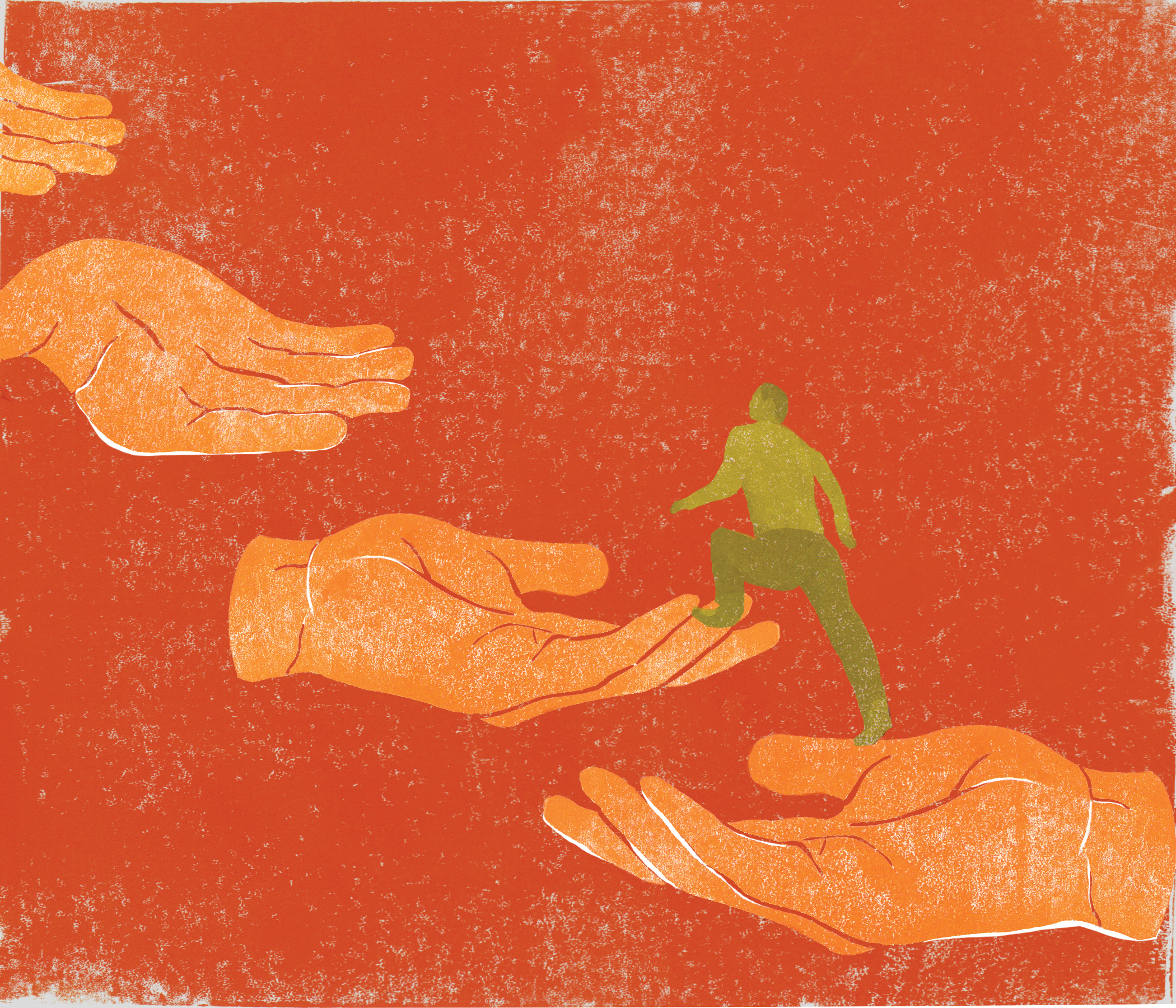Michael Botticelli on a Better Approach to Addiction
It’s time for our policies and practices to reflect what we know about addiction.
Finally. Finally, America’s attitudes toward addiction are beginning to change.
The magnitude of the opioid epidemic and the fact that the epidemic has disproportionately affected white suburban and rural communities have begun to shift our response. Politicians across the political spectrum, law enforcement officers and others have acknowledged that we can’t arrest our way out of the problem and that we fundamentally must focus our efforts on health strategies.
This change is long overdue.
The evidence is clear that addiction is a disease, yet our response has been to stigmatize and punish people. We wouldn’t lock up people because they have cancer. We wouldn’t disparage people because they have cardiovascular disease. Yet we allow negative perceptions of people with substance use disorders to shape our thinking and our actions. A 2014 Johns Hopkins study in Psychiatric Services showed that respondents held significantly more negative views of people with addiction than of those with other mental health issues. Respondents saw those with addiction as less deserving of treatment or housing and employment opportunities than people with other health issues.
Those kinds of attitudes lead to discrimination and stigmatization with serious consequences. Fear of negatively impacting their job or their neighbors’ and friends’ attitudes keeps people from seeking care. Only 10 to 15 percent of people who have a substance use disorder are actually getting treatment, according to recent data from the National Survey on Drug Use and Health. Of those, about 35 percent are referred for treatment by the criminal justice system. Only about 8 percent of referrals come from our health care system. These numbers represent huge missed opportunities with a terrible cost for individuals and the country.
I know all about missed opportunities. I am a classic case. I come from a family with a strong genetic predisposition to addiction, and I started drinking at a very young age. But it wasn’t until my own intersection with the criminal justice system that I got the help I needed. I feel lucky to have been in recovery for a long time.
People facing a host of challenges, however, need more than luck. They need consistent, effective national and state policies. Here are some concrete steps that we as a nation need to take to ensure that people with substance use disorders get critical help:

First, we need to change our language. “Junkie,” “addict” and other terms demean human beings. It’s also been pointed out that calling someone “clean” when they’re not using has a subtext that they’re “dirty” when they are. A 2010 study by a Massachusetts General Hospital researcher showed that the term “substance abuser” was much more likely to elicit a punitive response than “person with a substance use disorder”—even among trained clinicians. The term “abuse” implies volition; it implies choice. It creates stigma. I always say that language has to change so that our attitudes and actions will change.
Second, we need to change policies and practices that emphasize punishment to ones that focus on prevention and treatment. Criminal justice reforms should include diverting people from the criminal justice system, reducing overly harsh sentences and providing access to evidence-based treatment in jails and prisons. (It’s been estimated that 50 to 80 percent of those who are incarcerated meet clinical criteria for a substance use disorder.) We should also offer robust reentry services and minimize the negative impact of criminal records in securing housing and employment. Given that substance use disorder is a chronic condition, we must also invest in a continuum of harm reduction, prevention, treatment and recovery support services.
Third, we need to do a better job of screening people and intervening at the earliest possible point. Addiction is a disease of early onset, and it’s progressive. The use of alcohol, tobacco or marijuana at a young age is one of the biggest risk factors for developing more significant addictions later in life. Yet right now, most people are getting treatment at their most acute stage, when treatment is harder and much more costly. It’s like the person with hypertension who doesn’t get treatment until they have a heart attack. Periodic screening and early intervention protocols should be part of primary care physician visits—just as is done for diabetes and hypertension. We have validated screening tools for alcohol and drug use, but they aren’t universally implemented within primary health care.
Fourth, we need to educate physicians, nurses and dentists during their training about addiction. Historically, few received any training on this critical issue. Medical education needs to be reformed to provide future practitioners with the competency and confidence to deal with issues related to substance use. We can start with revising opioid prescription practices.
Finally, we need to make addiction a personal issue. We need people in recovery to stand up and demonstrate that recovery is possible. Science and data aren’t always enough. People’s opinions change when they know someone who has struggled with substance use. The trajectory of LGBT rights is a great example. America has made remarkable changes in a very short period of time. That happened in no small fashion from people knowing other people in the LGBT community and from seeing them reflected positively in the media.
The sense of urgency is profound. According to 2016 mortality data released by the CDC, over 63,600 people died in the U.S. from drug overdoses, which contributed to an overall decline in life expectancy for the second straight year.
We know what we need to do to make enduring changes in the way that we approach substance use disorders. Now, we need to do it.
Michael Botticelli, MEd, served as White House Director of the Office of National Drug Control Policy during the Obama administration. He is now the executive director of the Grayken Center for Addiction at Boston Medical Center and Distinguished Policy Scholar in Health Policy and Management at the Bloomberg School.
